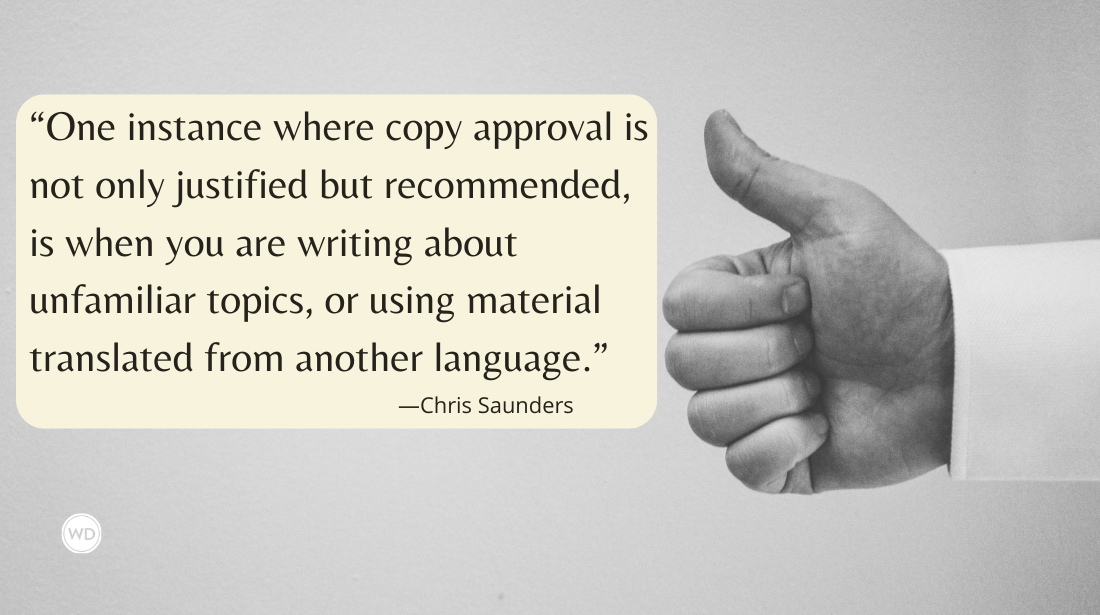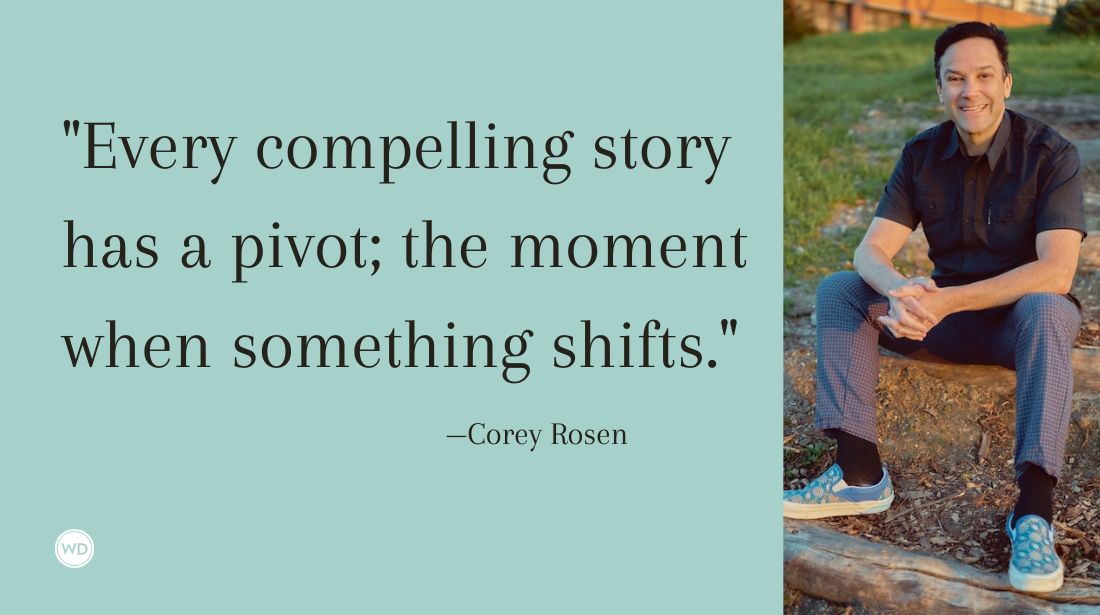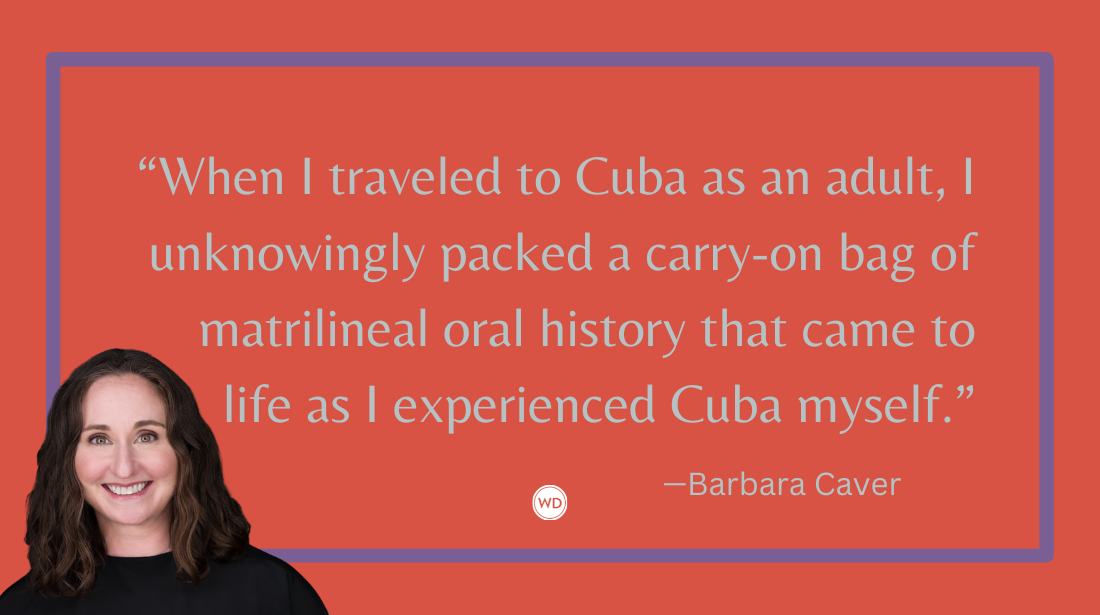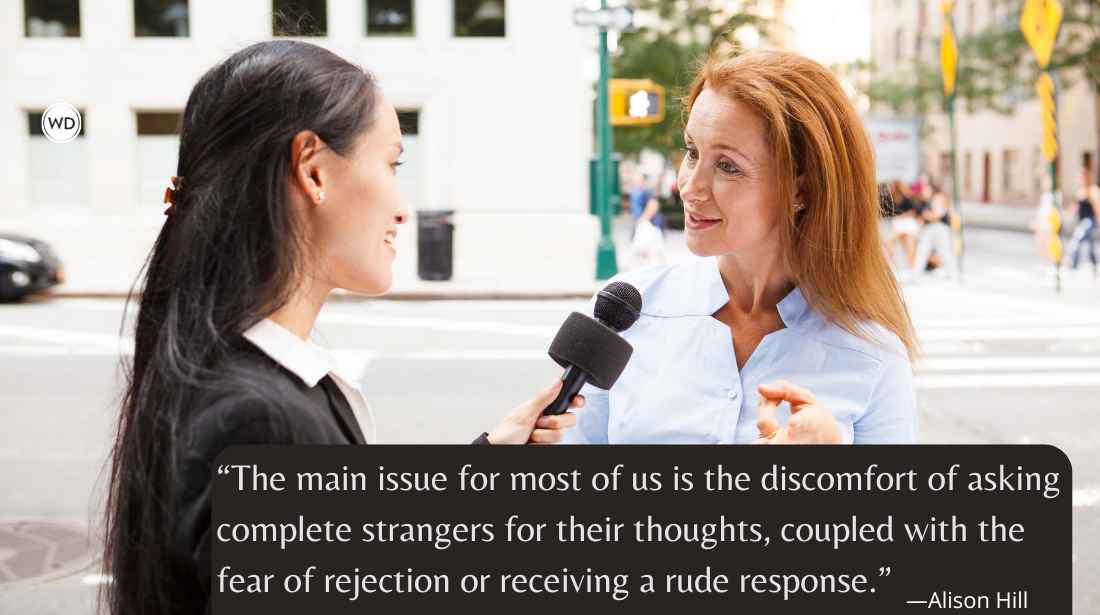Tips for Writing and Selling the Book-Length Memoir (Part 1 of 2)
“Is my life fascinating enough?” That’s the question raised today in a special guest column by journalist and memoir writer Ethan Gilsdorf, author of Fantasy Freaks and Gaming Geeks. (This column is Part 1 of 2. See Part II here.) If you’re interested in writing life stories and memoir, check out Ethan’s Boston-based, eight-week intensive memoir class (next class begins Jan 26, 2010).
"Is my life fascinating enough?" That's the question raised today in a special guest column by journalist and memoir writer Ethan Gilsdorf, author of Fantasy Freaks and Gaming Geeks. (This column is Part 1 of 2. See Part II here.) If you're interested in writing life stories and memoir, check out Ethan's Boston-based, eight-week intensive memoir class (next class begins Jan 26, 2010).
Many memoirs plumb the depths of childhood, coming of age, trauma and family. But what if your life story alone doesn't seem all that memorable? You can still write a book-length "not all me" memoir (or series of connected essays) that combines the personal with travel, pop culture, some quirky interest, passion or quest. Here are some considerations the tips that will help you adapt your personal history and life experiences in memoir, establish your expertise and turn articles into a full-fledged book idea, and shape a raw idea into a real story and find a structure for telling the story. (And by the way, a thank you to Emily Franklin for her contributions to these lists.)
1. Think of what kind of memoir yours might be -- triumph over personal tragedy? Cool thing I did for a year? Once you know, see how it fits in with current memoirs being published today. Does it aim for the Bill Bryson or David Sedaris target audience? Is yours Eat Pray Love for men? Liar's Club meets Running with Scissors? Is it sincere, funny, harrowing or inspirational? Try to encapsulate the idea in a thirty-second elevator pitch.
2. Is my life fascinating enough? How do I find the heart of an interesting story? A memoir is a story -- you have to tell a story. You need to find the narrative and your unique voice. It can’t be just be the random and disorganized (or chronologically-arranged) events of an interesting life. The book needs a focus, a theme and an angle.
3. You need a framework for your idea, even if you are an expert. This could be a timeframe (one month of projects, two years in the Deep South, etc) or it could be project-related (my time in the Peace Corps). (Note: Some memoirs cross genres. For example, one can be overcoming a Crystal Meth addiction and also be an expert in that field. You can even write a memoir of someone else’s problems! But you have to make them your own in some way. If it's memoir, it has to be about you.)
Order a copy of Ethan Gilsdorf's Fantasy Freaks and Gaming Geeks today.
4. What sets you apart from others who do what you do? (For example, "I’m a mom who cooks." So what? Lots of parents cook. What makes you different?) Get to know the competition; research how your book differs from others similar to it on the market. Make sure yours brings a new angle/twist to the subject area.
5. Be an expert in your field or legitimize your experiences. Create a platform (articles, blogs, speaking engagements, etc) to establish expertise in your area: New Zealand backpacking, parenting autistic children, Tuscan cuisine. A platform and established audience are also attractive to agents and publishers.
6. Strike a chord! Think of a group who would be your built-in book-buying audience (dog lovers, gamers, foodies, Italy-groupies, parents who had drug-addicted kids, parents who are glad they didn’t have drug-addicted kids, slutty girls, girls slutty who weren’t slutty but wished they were, moms who pray their daughters won’t be, etc.).
Ethan Gilsdorf is a memoir writer, journalist, critic, editor and teacher. He has contributed to The New York Times, Boston Globe, National Geographic Traveler, Psychology Today and more. Win a copy of his book online, see check out his personal website.









